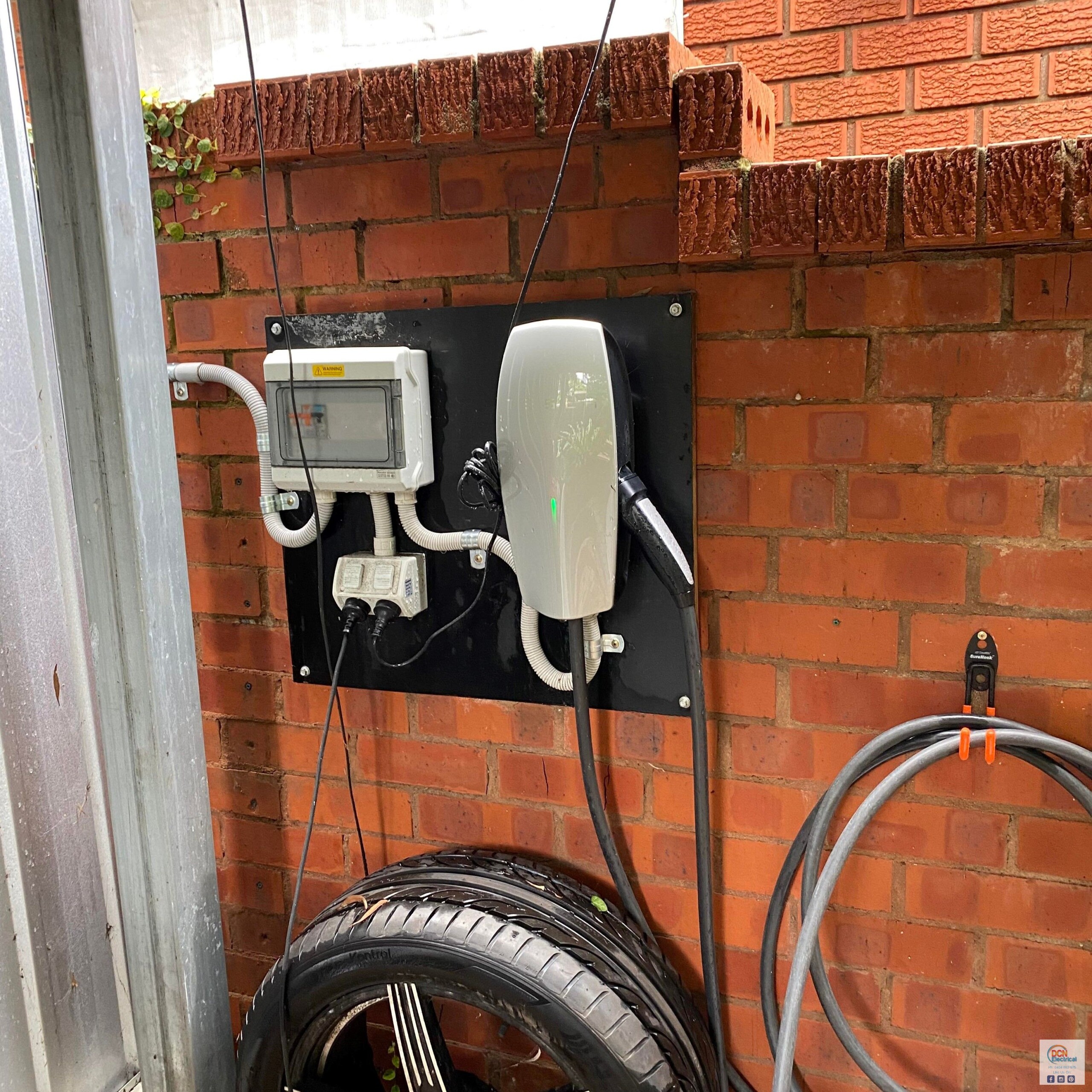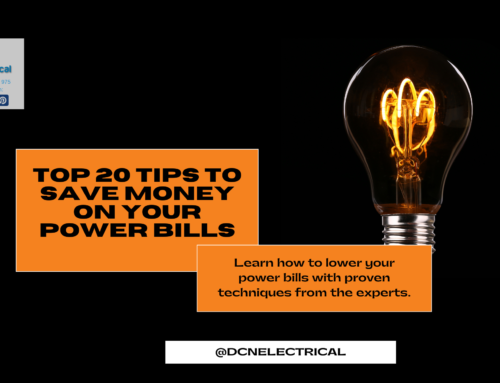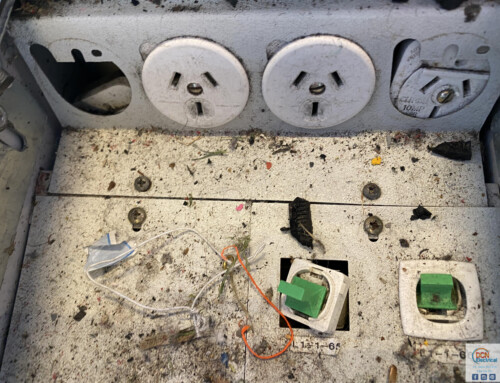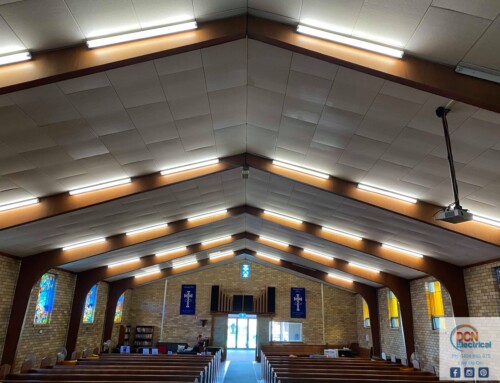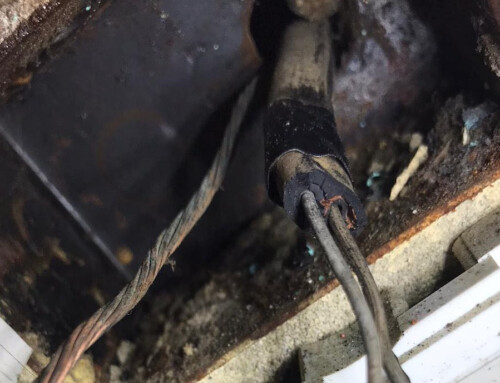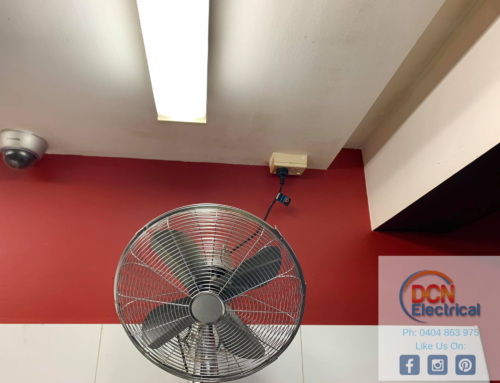As more and more people switch to electric vehicles, the need for reliable and efficient home EV chargers is becoming increasingly important. If you’re considering purchasing an electric car or already have one, investing in a home EV charger can provide a number of benefits that make the switch to electric even more appealing.
Frequently asked questions about home EV chargers
If you are looking to buy an electric vehicle or you’re considering installing a home charger for your electric vehicle, you might want to read these frequently asked questions:
-
What types of home EV chargers are available?
There are two main types of home EV chargers: level 1 and level 2 chargers. Level 1 chargers can be plugged into a standard household outlet and provide a slow charge, while level 2 chargers require installation by an electrician and provide a faster and more efficient charge.
-
How long does it take to charge an electric car at home?
The charging time depends on the level of the charger and the capacity of the car’s battery. Level 1 chargers typically take 8-12 hours to fully charge a car, while level 2 chargers can provide a full charge in 4-6 hours.
-
How much does it cost to install a home EV charger?
The cost of installation depends on a variety of factors, such as the type of charger, the electrical wiring in your home,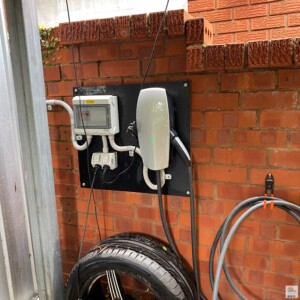 and any necessary upgrades. Installation costs can range from a few hundred dollars to several thousand dollars.
and any necessary upgrades. Installation costs can range from a few hundred dollars to several thousand dollars.
-
Can I install a home EV charger myself?
While level 1 chargers can be installed by homeowners, level 2 chargers require installation by a licensed electrician. It’s important to have a professional handle the installation to ensure that it’s done safely and correctly.
-
Can I use my home EV charger with other electric cars?
Most home EV chargers are compatible with all electric cars that use a standard charging plug. However, it’s important to check the specifications of your specific charger to ensure compatibility with your car.
-
Can I use a home EV charger to charge a plug-in hybrid?
Yes, you can use a home EV charger to charge a plug-in hybrid. However, the charging time may be shorter since plug-in hybrids have smaller batteries than fully electric cars.
7. Can I use a home EV charger outdoors?
Yes, there are outdoor-rated home EV chargers available for use in outdoor locations. It’s important to choose a charger that is specifically designed for outdoor use and can withstand the elements.
Can I control the charging schedule with a home EV charger?
Some home EV chargers come with scheduling features that allow you to set specific charging times or control the charging rate. This can help you save money on electricity costs and avoid charging during peak hours.
Benefits of having a home EV charger
First and foremost, a home EV charger provides convenience and peace of mind. Rather than having to search for public charging stations or wait in line to use them, you can simply plug your car in at home and wake up to a fully charged battery in the morning. This means you’ll never have to worry about running out of battery power while you’re out and about, and you can avoid the stress of finding a charging station when you need it most.
In addition to convenience, a home EV charger can also save you money in the long run. While public charging stations may offer free or low-cost charging, the cost can quickly add up over time. By charging your car at home, you can take advantage of lower electricity rates and potentially save hundreds of dollars a year on fuel costs.
Another benefit of a home EV charger is that it can help to extend the life of your car’s battery. Most electric cars come with a level 1 charging cord that can be plugged into a standard household outlet, but this can be slow and put unnecessary strain on the battery. A level 2 home charger, on the other hand, provides a faster and more efficient charge that can help to preserve the life of your battery.
When it comes to choosing a home EV charger, there are a few factors to consider. First, you’ll need to determine the charging level that’s appropriate for your car. Level 2 chargers are the most common and provide a faster charge than level 1 chargers. You’ll also want to consider factors such as the charging speed, the size and design of the charger, and the cost.
Overall, investing in a home EV charger is a smart move for anyone with an electric car. With the convenience, cost savings, and battery-preserving benefits that a home charger provides, it’s a worthwhile investment that can make your transition to electric even smoother.
When you install a home EV charging station, you will be able to charge your car faster and more conveniently, which will help you save time and money. Contact DCN Electrical today to find out more about how a home EV charger can make your life easier. Thank you for reading!
For more information consider reading this article from Clipsal about their EV chargers.

